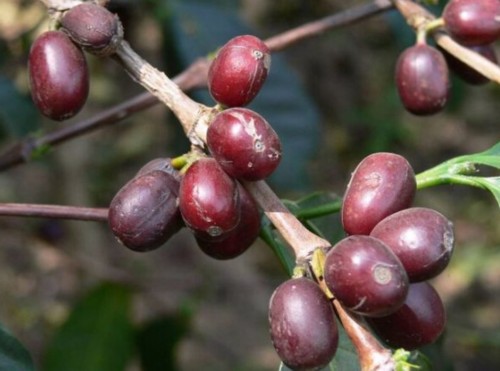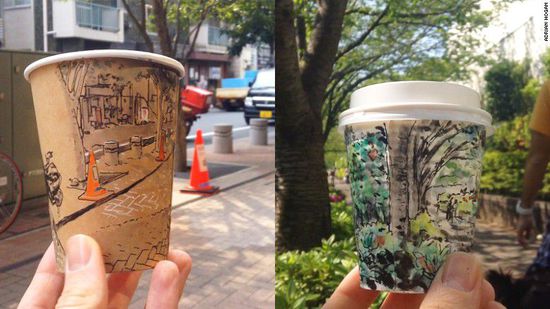Arabica coffee is in danger of extinction?

According to a report by Taiwan's Zhongguang net on May 26th, the world drinks 2 billion cups of coffee every day, and more than 25 million families make a living by growing coffee beans. Over the past 15 years, coffee consumption has increased by 43%. However, the study warns that the Arabica coffee beans that most people drink are in danger of extinction.
Although there are 124 known varieties of coffee, only two of the largest are Arabica and Robasda. Robastar, which accounts for 30% of the world's production, is mainly used to make instant coffee. As its name gives the impression, Robastar is a stronger plant, but it is not nearly as supple and fragrant as Arabica.
Arabica is the main driving force behind the progress of the coffee industry, but its plants are fragile and have limited tolerance to climate, especially to changes in temperature and rainfall. Arabica, which originated in Ethiopia rather than Arabia, was not recognized until the end of the 19th century. Coffee is described by scientists as an "orphan crop", and there are only about 40 coffee breeders in the world. Rich countries only buy, bake and drink, and it was not until recently that they thought that they should do their part in the conservation of coffee species.
It was a British study that awakened them, the report said. Three years ago, British botanists warned that climate change would lead to a sharp decline in Arabica coffee production, which is expected to fall by 85%, or even 99.7%, by 2080. If we don't try to fix it soon, we will never see the wild Arabica again in the native Ethiopia of Arabica before the end of this century.
It is reported that the research report has caused great tension around the world, and the research team at the Royal Botanical Gardens is working with the Ethiopian government to try to save Arabica. (trainee Editor: si Yijie Review: Cheng Junqiu)
Important Notice :
前街咖啡 FrontStreet Coffee has moved to new addredd:
FrontStreet Coffee Address: 315,Donghua East Road,GuangZhou
Tel:020 38364473
- Prev

The smallest cafe in the world on the corner of San Diego
That day on the corner of San Diego street, very randomly encountered a small cafe that may be the smallest in the world. Say it's a cafe, but in fact all the furniture is on a small trolley. The smiling coffee uncle skillfully grinds with a bean grinder, presses powder, operates a double-headed espresso machine to produce coffee, uses steam to make milk bubbles, finally adds cinnamon powder, and has a cup with a thermal sleeve.
- Next

The artist painted a street view of Tokyo, Japan, on a coffee cup.
Friends who have not been to Tokyo will feast their eyes. Australian illustrator Adrian Hogan painted the street view of Tokyo, Japan on a disposable coffee cup, vividly recreating the scenery of Tokyo Street. Do you want to be there? Then let's follow CNN to enjoy these beautiful pictures. The girl who got off the train attracted Hogan in an instant.
Related
- What is the difference between Indonesian Sumatra Mantinin coffee and gold Mantinin? How to distinguish between real and fake golden Mantelin coffee?
- What does bypass mean in coffee? Why can hand-brewed coffee and water make it better?
- Unexpected! Ruixing Telunsu lattes use a smoothie machine to foam milk?!
- % Arabia's first store in Henan opens into the village?! Netizen: Thought it was P's
- Does an authentic standard mocha coffee recipe use chocolate sauce or powder? Mocha Latte/Dirty Coffee/Salty Mocha Coffee Recipe Share!
- What is the difference between Vietnam egg coffee and Norway egg coffee? Hand-brewed single product coffee filter paper filter cloth filter flat solution!
- What is the difference between sun-cured and honey-treated coffee? What are the differences in the flavor characteristics of sun-honey coffee?
- How to make Italian latte! How much milk does a standard latte use/what should the ratio of coffee to milk be?
- How to make butter American/butter latte/butter Dirty coffee? Is hand-brewed coffee good with butter?
- Is Dirty the cold version of Australian White? What is the difference between dirty coffee/decent coffee and Australian white espresso?

